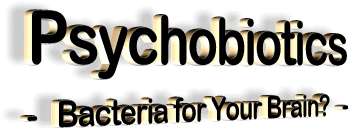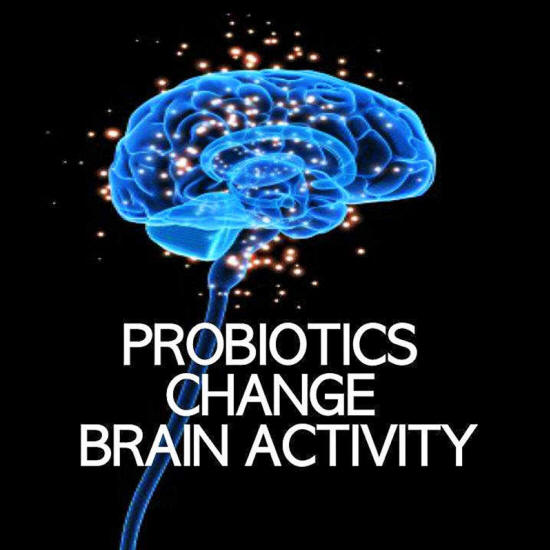|
Is this voodoo or
is it based on a growing understanding of the role of
the microbiome in mental health and behavior?
Research has focused on markers that indicate immune distress in an important subset of patients, many of whom are labeled "treatment resistant."
Through this body of literature, we have identified that depression can be induced, in animals and in humans through inflammatory agents, that it is correlated with blood levels of inflammatory markers, in a linear way (more markers = worse depression), and that symptoms can be reversed through pharmaceutical anti-inflammatories.
You guessed it, it's the gut...
Housing >70% of our immune system, the gut is our interface between the outside and inside world, separated by one-cell-thickness.
The resident microorganisms, outnumbering by 10:1 by our human body cells, develop an ecosystem through postnatal exposures, in the vaginal canal, through breastfeeding, and the immediate environment.
Disruption to the balance of bacteria through,
...can set the stage for the innate immune system to prepare for attack.
Depression, associated with compromised integrity of this intestinal barrier, becomes the swirling storm of,
Specifically, depression
is associated with elevated levels of lipopolysaccharide (LPS),
a nutrient-binding, inflammatory toxin produced by bacteria that are
intended to remain in the gut.
It appears, from data in
animals and humans, that disruption to our gut ecology
may be a major player, and
the microbiome has stepped to the
forefront of
cutting-edge psychiatric research.
A review by Timothy G. Dinan et al. (Psychobiotics - A Novel class of Psychotropic) encompasses the clinical basis for the use of probiotics in mental health with reference to animal studies in which behavioral changes resulted from exposure to bacterial strains such as bifidobacterium and lactobacillus.
In placebo-controlled
trials in humans, measures of anxiety, chronic fatigue, and
depression and anxiety associated with irritable bowel syndrome.
It appears that colonization is not an expected outcome of probiotic supplementation, and that genomic communication between bacteria and immune receptors may account for anti-inflammatory effects.
In these foods such as lactofermented kimchi, pickles, sauerkraut, and other traditional vegetables, microbes are acting on the food, and the food is then acting on our microbes.
According to Eva M. Selhub et al. (Fermented Foods, Microbiota, and Mental Health - Ancient Practice meets Nutritional Psychiatry), they:
Given widespread fermentation practices in traditional cultures, it appears that this dietary wisdom may serve to ameliorate gut-based inflammation and promote optimal nutrient assimilation as described in this review:
In addition to increasing bioavailability and production of minerals, neurochemicals, and fatty acids, fermented foods actually produce methylfolate, an activated form of folate required for methylation:
Because of the complex co-evolution of bacterial strains, cultivated through our food supply, and complementary to our inner microbiomes, we have an opportunity to use therapeutic foods to reeducate an immune system that has been drawn off course.
Psychobiotics have the potential to modulate multiple different relevant factors at once:
It is therefore compelling to consider the power of reconnecting to the natural world through our food...
Communicating through our guts to our brains, that nutrients are plentiful, our bodies are safe, and that our inflammatory systems can be put at ease.
It is under these
circumstances that the infinite complexity of the endocrine, immune,
and gastrointestinal systems can play out, unhindered in support of
mental health and wellness...
|


